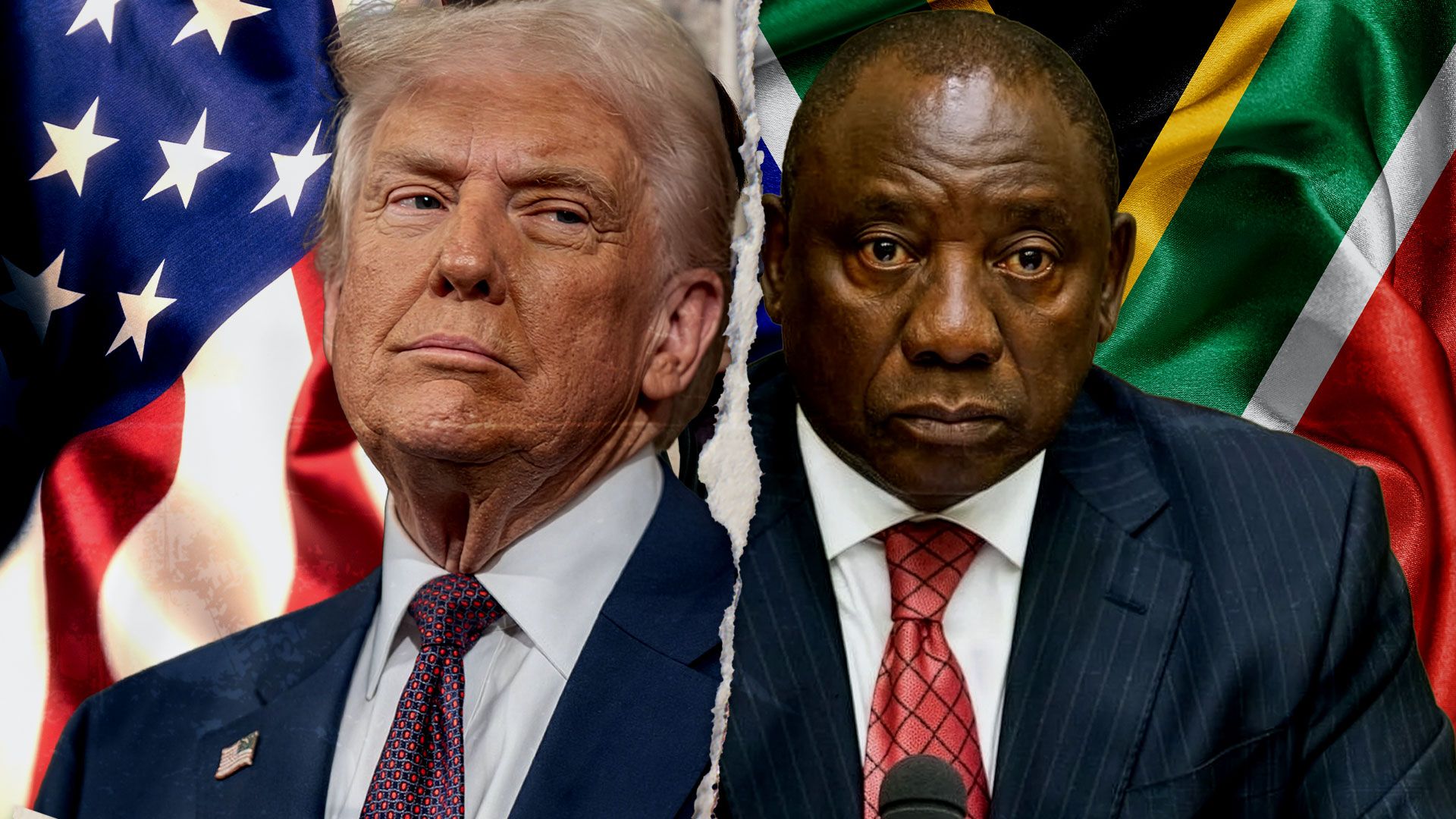September 25, 2025
Unlocking South Africa’s Potential
Bold and Radical Shift in Policies are required.

The Need for a New Policy Direction
To foster meaningful economic advancement, South Africa must reconsider both its domestic economic policies and its international posture. Recent rankings from the International Monetary Fund (IMF) and the World Competitiveness Centre highlight critical weaknesses – South Africa ranks last out of 48 nations for business regulation and 64th out of 69 countries in competitiveness, even falling below peers in Africa such as Kenya and Ghana. These standings underscore a pressing need to improve the ease of doing business and overall competitiveness, which are vital for attracting investment, creating jobs, and stimulating enterprise.
Breaking the Barriers: Policy Reforms for Growth
Achieving higher growth hinges on overcoming systemic barriers. Key measures include reducing regulatory burdens, reforming labour laws, and creating an environment conducive to private investment. Lowering corporate and personal taxes can stimulate demand by increasing disposable income, encouraging business expansion, and fostering employment. The country’s recent consumer demand surge, partly fuelled by pension withdrawals, demonstrates the potential for growth if the economy is further liberalised and incentives for investment are strengthened.
Additionally, resolving obstacles such as the barriers imposed by the US 30% tariffs on South African exports is critical. Removing these tariffs or securing favourable trade agreements would significantly bolster our manufacturing and agricultural sectors, thereby protecting jobs and supporting export-led growth.
The Strategic Importance of US Market Access
South Africa’s trade surplus with the US—R37 billion in 2024, with further growth into 2025—depicts a vital economic relationship. However, continued access hinges on meeting US conditions that challenge the current political and economic stance of the ruling ANC. The US has made clear demands, including addressing farm attacks, condemning controversial political songs, and exempting US investments from Broad-Based Black Economic Empowerment (BEE) requirements.
Particularly contentious are the US requests to maintain land expropriation without compensation and remove BEE mandates. These demands are incompatible with South Africa’s ruling party ideological framework and broader economic policies rooted in the ANC’s National Democratic Revolution (NDR). Further, the recent expropriation of property in Ekurhuleni and new employment equity regulations signal a trend of increasing intervention and regulatory burden, which could undermine investor confidence and economic stability.
Reconsidering Rigid Regulations and Social Policies
To turn the tide, the government should consider relaxing rigid labour laws and reviewing minimum wages, especially given South Africa’s alarming 46.1% youth unemployment rate. Market-driven labour reforms can help bridge the gap between labour supply and demand, encouraging job creation.
Simultaneously, efforts to streamline and reduce regulations – such as easing BEE and DEI requirements—would empower businesses to operate more freely, innovate, and compete internationally. These measures align with conservative principles that favour limited government intervention, property rights protection, and a predictable regulatory environment.
A Path Forward
Unlocking South Africa’s economic potential requires a clear and unambiguous economic blueprint to unlock South Africa’s growth potential which among others include:
- Secure and expand trade access to vital markets, especially the US
- Enshrine property rights and reconsider expropriation laws
- Reduce regulatory barriers and scrapping BEE/DEI mandates, ensuring that South Africa strive towards Merit Exceptionalisms and Intelligence/Integrity (MEI)
- Lower taxes to increase disposable income and consumption for both consumers and businesses
- Implement labour reforms and revisit minimum wage discussions to stimulate employment and address unemployment crisis
- Tackle crime and corruption at the highest level as Singapore did to indicate political will and intent to deal with this crisis and
- Address infrastructure challenges particularly related to rail transport and port facilities to fast-track exports and international trade with global markets
This agenda, rooted in fostering business confidence, attracting investment, and enabling enterprise growth, promises to accelerate South Africa’s development. It is time for decisive policy shifts that champion economic freedom, protect property rights, and create an environment where the private sector can thrive.
Only through such reforms can South Africa hope to unleash its true potential, achieve higher and sustainable growth, and create jobs for millions of its citizens.











